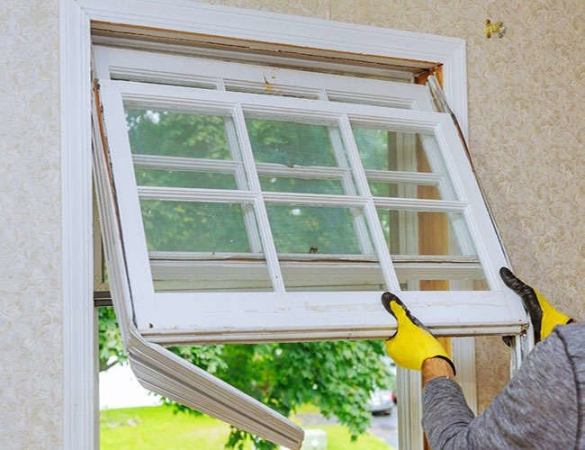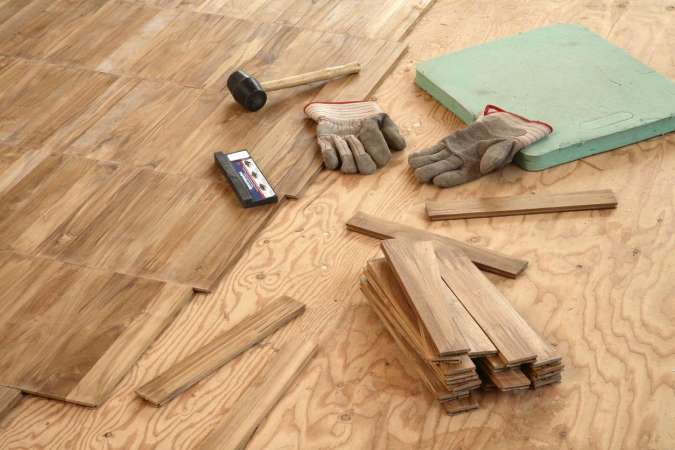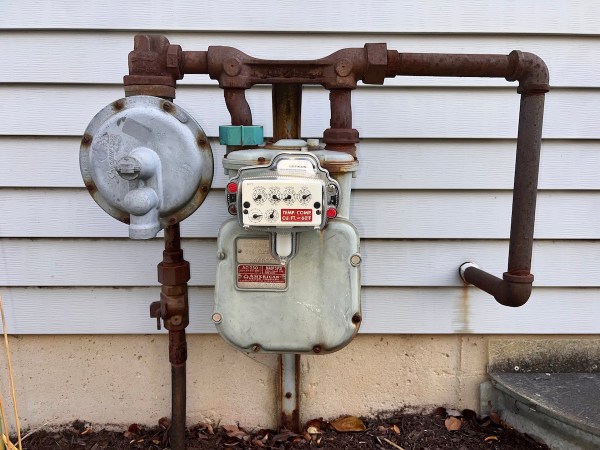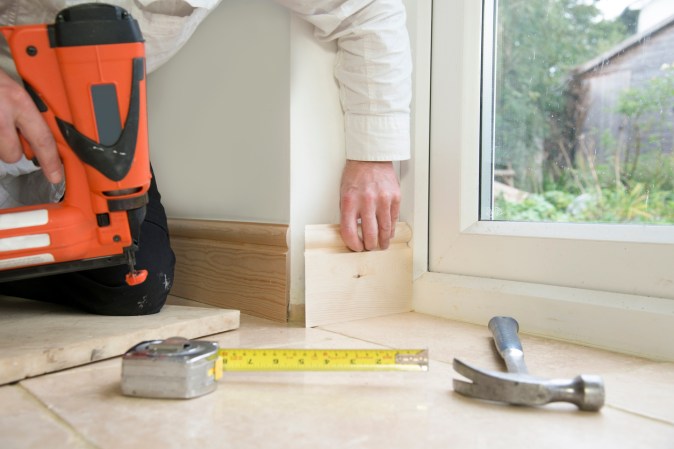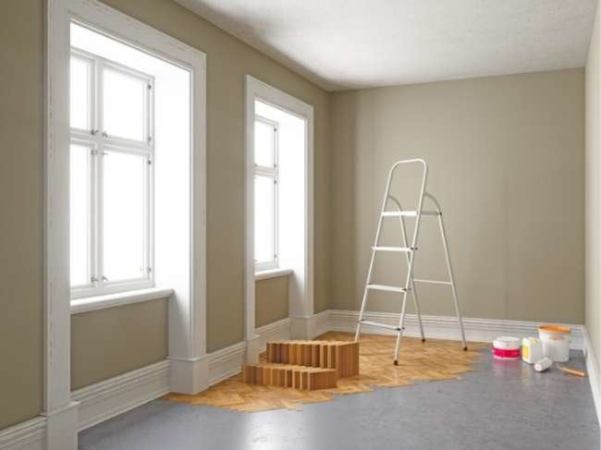We may earn revenue from the products available on this page and participate in affiliate programs. Learn More ›
Disappointing Delays

Some setbacks simply can’t be helped, such as not being able to break ground on a new addition or replace a roof because it’s rained every day for three weeks. While delays of this type can push back a project’s timeline, all parties need to be understanding—and when the skies clear, the project will begin in earnest.
Get the Right Contractor

You already know you should contact a contractor’s recent clients for insights and (hopefully) rave reviews, but you might not know to ask whether the contractor set a reasonable project timeline and stuck to it. Before you hire a contractor, ask about his work habits. A reliable contractor will be on the job site daily and will make sure subcontractors are also there on schedule.
Know What You Want

Renovation and remodeling projects can be complex, so the more you plan in advance, the smoother the job will go. Don’t start a project without a detailed floor plan and a good idea of the type of fixtures you want. If you’re indecisive, your contractor will have to wait while you make up your mind, which can slow things down considerably. A detailed plan is vital to a timely project.
Communicate Concerns

If you have questions about the project—or you think a sub is doing something incorrectly—don’t wait and hope for the best, talk to your contractor right away. Mistakes can happen, such as a carpenter framing a wall in the wrong spot or an electrician forgetting where you want an electrical outlet, but the longer you let it go, the more time it will take to go back and do it the right way.
Avoid Change Orders

Making changes, such as switching to oval skylights after the roof has been framed for square ones, not only runs up the cost of the project, it slows it down. Change orders often require ordering new
materials and fixtures, which can take weeks to arrive, so keep changes to a minimum when possible.
Pay Promptly

Many contractors require payments throughout the project’s timeline to coincide with specific phases, such as when an addition is framed and roofed, when the new plumbing and wiring are complete, or when fixtures are set. If you delay the payments, it’s likely the contractor will pause the project, which will ultimately push back the deadline.
Related: Here’s Exactly What You Can Expect to Pay a Handyman
Let the Workers Work

We get it! The project has been in the planning stages for a long time and now that it’s finally happening, you want to be a part of it. That’s great, but remember that your contractor can’t meet the deadline if you’re chatting up the workers. Every minute a worker is talking to you is an additional minute that will be needed to complete the project.
Handle Allowances Promptly

Many contractors offer monetary allowances (predetermined amounts of money specified in the contract) for things like light fixtures and flooring so homeowners can choose the items they like the best. Choosing allowance items at the start of the project will keep it running smoothly. If the carpet-layers show up and you haven’t chosen the carpet yet, expect the project to run longer.
Keep the Kids Away

Children and construction don’t mix. Contractors and subcontractors know how dangerous it is to have kids around bare wires, power tools, and boards with nails. If the workers keep stopping what they’re doing to monitor your kids, they won’t be able to focus on their tasks and hand and the project will take longer.


